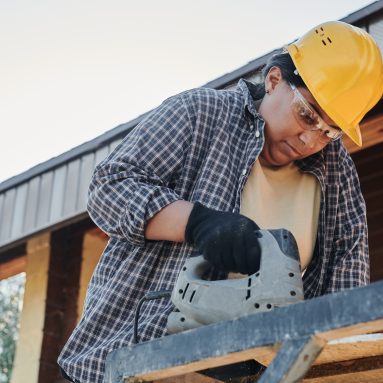- Economic Opportunity
FUTURES has witnessed the limitations of our workforce development system, which impacts the ability of survivors to access and successfully complete job training or education requirements. Survivors of gender-based violence and harassment often face unique barriers to accessing job training, education, and stable employment that our workforce development system fails to adequately address. Read our Workforce Development Recommendations here.








